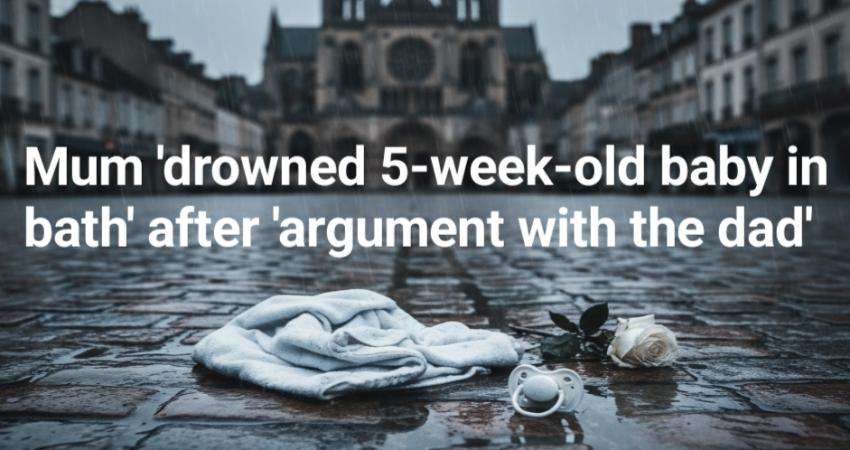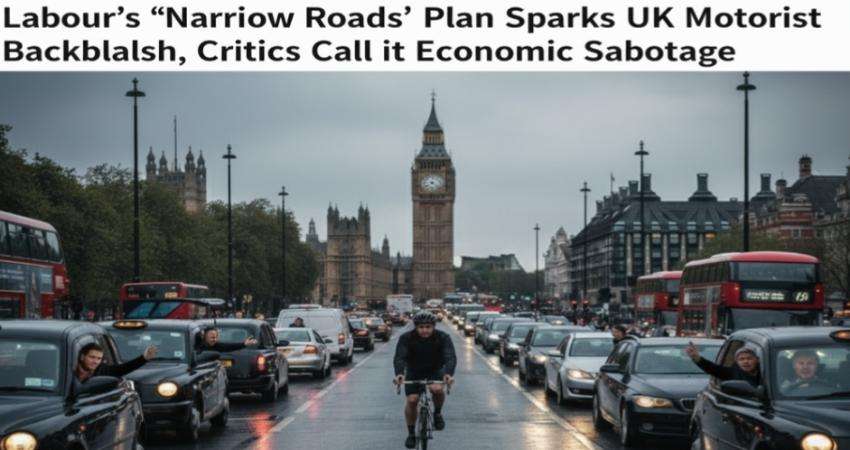Home Secretary Shabana Mahmood is poised to deliver what her team is billing as the "most sweeping reforms to tackle illegal migration in modern times," with a major announcement scheduled for Monday. The core of the plan, a "moral mission" according to the Home Secretary, is to fundamentally change the "calculus" for those considering dangerous small boat crossings by drastically reducing the so-called "pull factors" of the UK.
The most significant changes, modeled on the controversial Danish system, include:
- Temporary Refugee Status: Refugee status will no longer be permanent but will be granted for an initial two-and-a-half years, subject to regular review. If an individual's home country is deemed safe, they will be expected to return. For those arriving illegally, the path to permanent settlement could be extended from the current five years to a potential 20-year wait.
- Discretionary Support: Mahmood will scrap the statutory legal duty to provide automatic housing and financial support to asylum seekers who would otherwise be destitute, a rule dating back to EU law in 2005. Support will now become discretionary, allowing the government to deny help to individuals who can work, have assets, fail to comply with removal directions, or engage in criminality.
- Safe Routes: To offset the stricter border policy and counter criticism from charities, the Home Secretary will announce the introduction of new, capped safe and legal routes for people to seek asylum, including a community sponsorship model similar to the Homes for Ukraine scheme.
- Tougher Deportation: The government is set to focus on increasing the number of removals and addressing Article 8 of the European Convention on Human Rights (ECHR), which relates to the right to a family life, indicating an intention to give greater weight to public safety over a migrant's rights in deportation decisions.
The Fiscal Tightrope: Budget Countdown and the OBR Straitjacket
The political and economic focus is rapidly shifting to the Autumn Budget on November 26th, as Chancellor Rachel Reeves faces mounting pressure and a significant fiscal crisis. The Trade Union Congress (TUC) has issued a stark warning, claiming that the independent Office for Budget Responsibility (OBR) is an economic "straitjacket" that is "hardwired" to support austerity and is in danger of strangling growth in living standards.
The TUC's call for an urgent review into the OBR's role comes as Reeves is reportedly furious over a revised productivity forecast by the watchdog, which is expected to blow a fiscal hole of up to £20 billion in her public finance calculations. This downgrade severely jeopardises the government's fiscal rules and forces the Chancellor to find billions in either tax rises or spending cuts to balance the books. Speculation is high that to plug this gap, Reeves will announce a mosaic of new taxes, potentially including a deeper freeze on income tax thresholds, a new pay-per-mile charge for electric vehicles, and increased taxes on the wealthy, all while trying to avoid a full-blown "Austerity 2.0." The next two weeks will see an intense briefing war as the government finalises its high-stakes economic statement.
The Future of UK Steel: Blast Furnaces on the Chopping Block
Further crucial policy direction is due in December when Business Secretary Peter Kyle will publish the government’s new steel strategy. Kyle has now publicly backed a major shift to cleaner electric arc technology at the state-controlled British Steel plant in Scunthorpe. This move, which would see the replacement of the UK’s last remaining blast furnaces, is essential for the nation to meet its net-zero carbon emissions target and secure the long-term future of steel production at the site. However, it raises significant questions about the fate of thousands of jobs and the UK’s historic ability to produce "virgin steel" from iron ore. Industry sources suggest the government is exploring investment in a separate facility to produce direct reduced iron (DRI), a cleaner precursor compatible with electric arc furnaces, to preserve primary steelmaking capacity. The final strategy in December will determine the future of this vital sector following the government's emergency intervention to take control of the plant in April to prevent its permanent closure.
Westminster Infighting and NHS Scrutiny
The government is also battling significant internal friction, with reports of "vicious infighting" and "arrogant tittle tattle" surrounding the Prime Minister's position. Health Secretary Wes Streeting, a key figure in recent leadership speculation, was the subject of a damning report by the Institute for Government (IfG), which praised elements of his first year in office, such as improved hospital performance and staff retention, but accused him of taking a "chaotic and incoherent approach" to NHS reform. Meanwhile, former Deputy Prime Minister Angela Rayner has condemned the Westminster briefings, reaffirming her commitment to constituency work and her focus on the Employment Rights Bill and child poverty, refusing to rule out a return to a frontline role. The renewed focus on delivery and unity follows a turbulent week of anonymous briefings, and the political establishment remains volatile as it enters a critical few weeks of major policy announcements.
Barrister Md. Iqbal Hossain, Principal of Chancery Solicitors, London, commented on the upcoming changes to the Daily Dazzling Dawn on Sunday:
"Donald Trump recently told associates that the UK needs to deport illegal migrants immediately, asserting that failure to do so demonstrates a fundamental loss of control. Coincidentally, Shabana Mahmood is now echoing Trump's rhetoric regarding 'getting control of Britain’s borders.'
There is a concerted effort to create a false hype that the proposed new immigration system, modeled on the controversial Danish method, will solve all of Britain's problems—which is entirely untrue. Immigration is not Britain's sole problem. This agenda is being used to deliberately conceal the actual, underlying issue
s."
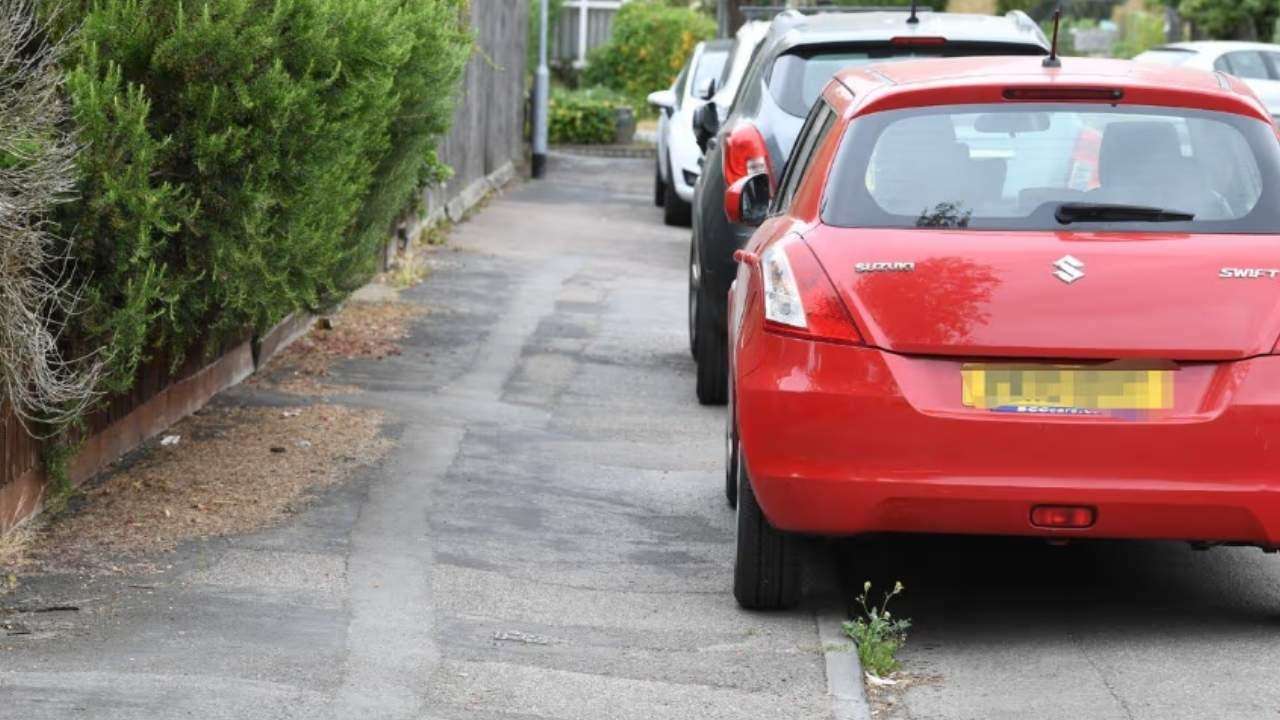

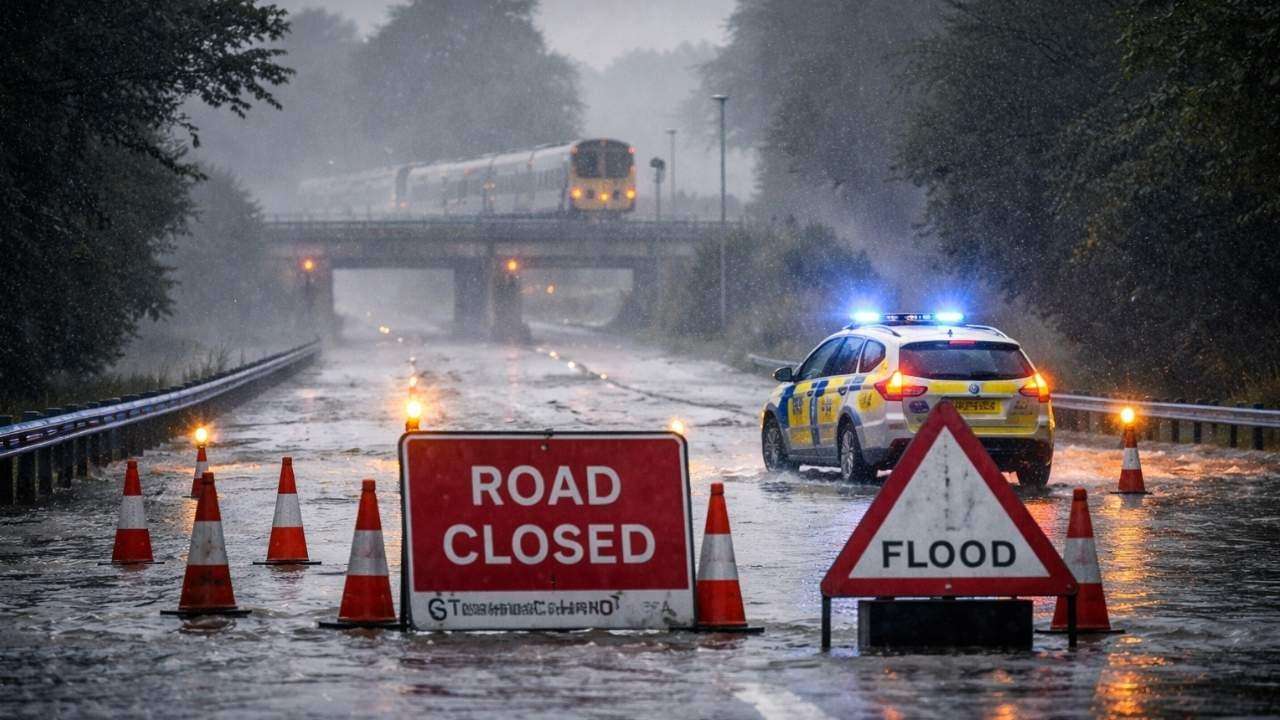

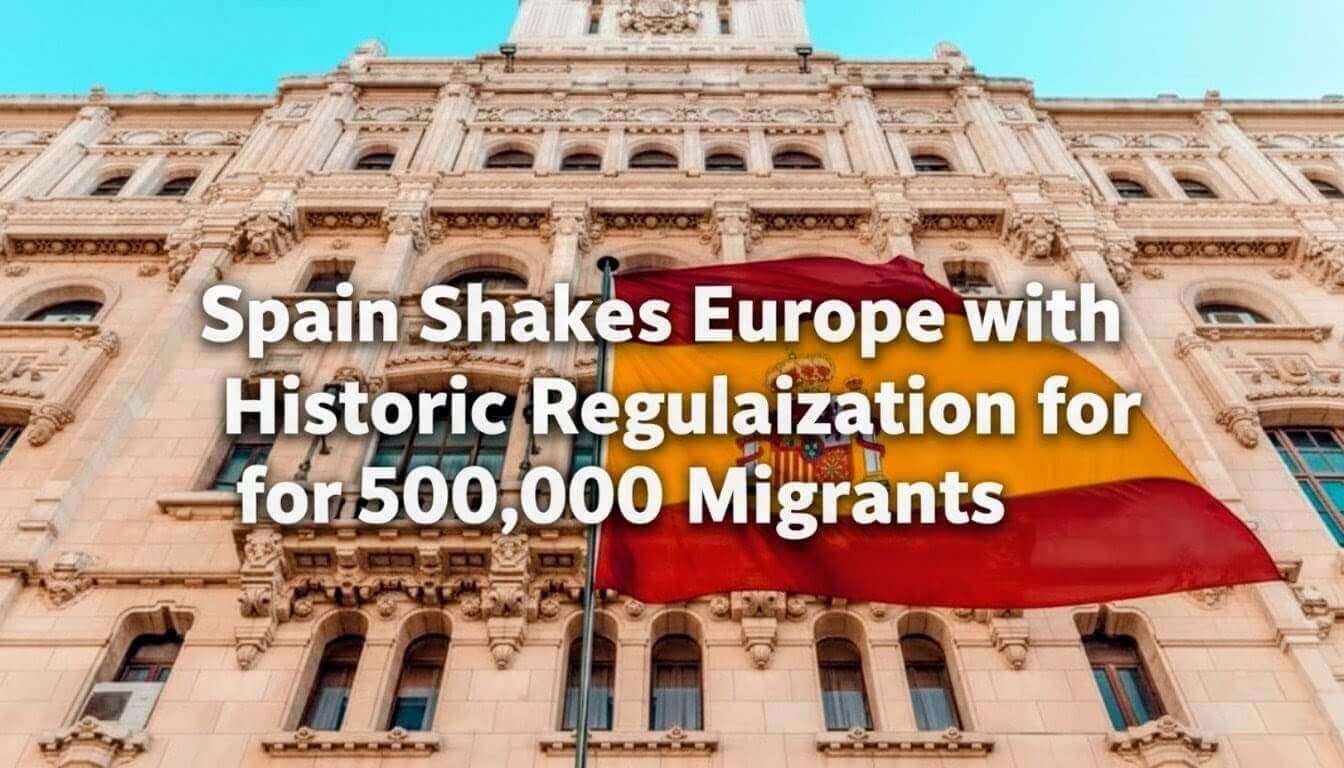


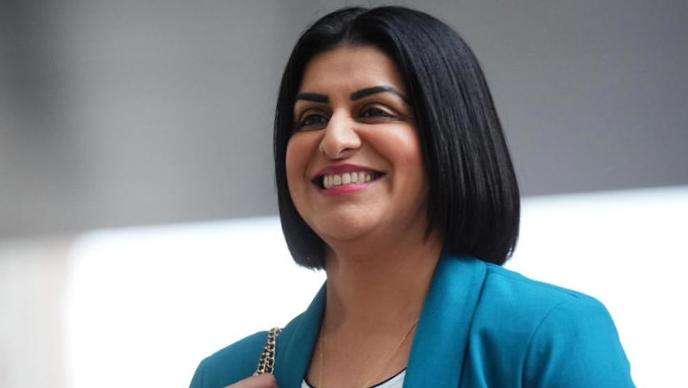
.svg)

